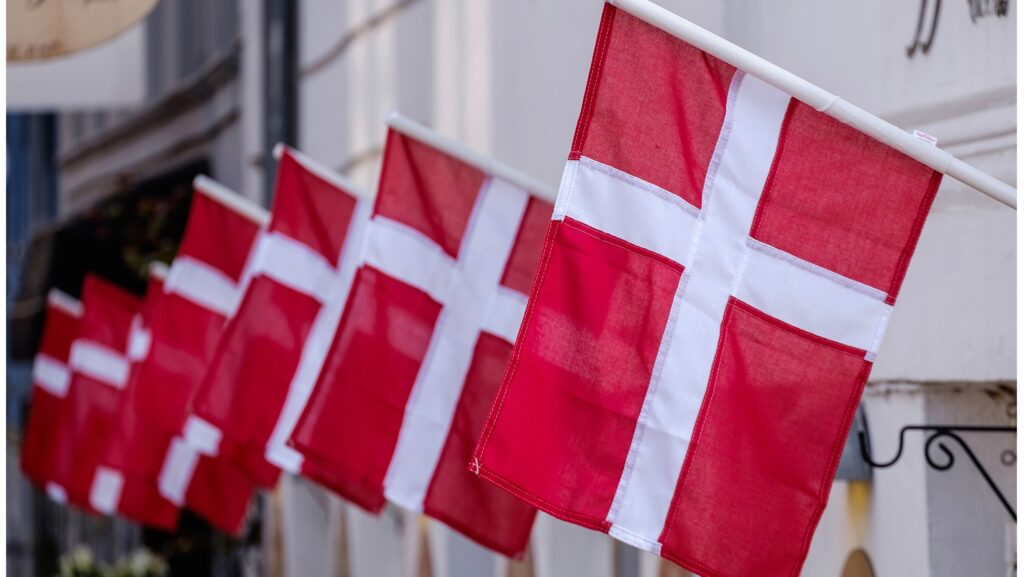El Salvador is blessed with considerable natural resources. Long burdened with civil war, gang violence, and poverty, the country has struggled to utilize them. Happily, that might be changing as President Nayib Bukele begins a second term.
His emphatic destruction of the Salvadoran gang ecosystem resulted in an equally emphatic election victory. When all the ballots are counted, Bukele will claim over 80 per cent of the vote total.
Newly liberated from the gang menace, the country is beginning to market itself. Last year, the country hosted the Miss Universe pageant, something Bukele touted as a showcase event for his country. His government has sought to establish the country as a pro surfing hotbed. Travel publisher Lonely Planet named El Salvador one of its top destinations of 2023.
This development trajectory alone is noteworthy. Increasingly often, though,
El Salvador exhibits an unremarked natural resource: It enjoys significant geopolitical leverage.
This was perceptible immediately after Bukele’s election rout, when U.S. Secretary of State Antony Blinken congratulated the Salvadoran leader on X. ‘We look forward to continuing to prioritize good governance, inclusive economic prosperity, fair trial guarantees, and human rights in El Salvador under the Root Causes Strategy [to address migration originating in Central America],’ he wrote. It was a thinly veiled criticism, to be sure, but simultaneously an expression of civility that would be unthinkable in, say, Hungary or pre-October Poland.
The only notable difference is El Salvador’s remarkably strong bargaining position.
First, President Biden and other Democratic politicians need stability in Central America in an election year. Images of human caravans moving toward the U.S. southern border are politically advantageous for Republicans and detrimental to Democrats. By the end of 2022, El Salvador dropped out of the top ten source countries of migrants to the United States; in prior years, it had frequently ranked in the top three. Bukele’s government also sought to limit irregular onward migration by introducing heavy taxes on flights from 57 mostly African countries. The Democrats need more Bukele-type stability in the region, not less.
Second, Salvadoran Americans are an increasingly relevant voting bloc and comprise the United States’ third-largest Hispanic group. Most live in states that won’t be competitive this year, but concerted voter behavior in a state like Nevada, where Salvadorans comprise an estimated 1.4 per cent of the population, could prove critical. Former President Trump enjoyed surprising success among some Latino voter groups in both 2016 and 2020. Movement of a few percentage points in the Latino vote could prove the difference in several states. While Bukele enjoys the support of over 80 per cent of Salvadorans, and similar enthusiasm in the Salvadoran diaspora and neighboring Central American countries, opposing him is bad politics.
Finally, like many leaders who have felt slighted by U.S. foreign policy, President Bukele has publicly welcomed more extensive ties to China, which has invested over $500 million in El Salvador in recent years. Losing influence in this region to Beijing would create particularly bad optics for the Biden administration. Central America is irrefutably part of America’s sphere of influence. A flight from Los Angeles to San Salvador lasts under five hours. The country’s currency is the U.S. Dollar (Bukele added Bitcoin as legal tender in 2021). Here an unmistakable shift toward China would be more embarrassing for American politicians than in a country like Hungary.
‘El Salvador wants to do trade with everyone,’ said Bukele during his victory speech this month.
‘What we are not going to be is your lackeys.’
Bukele’s government, to be clear, has not commanded absolute passivity from the American political apparatus. In 2021, Vice-President Kamala Harris declared: ‘We have deep concerns about El Salvador’s democracy.’ Last year, critics asserted the State Department’s classification of El Salvador as a Level 3 (Reconsider Travel) destination, the same as more-violent neighbors like Guatemala and Honduras, was rooted in politics rather than fact. Last month, just before the Salvadoran election, U.S. Congresswoman Ilhan Omar, not known for tact, condemned Bukele’s government despite any unwritten taboos in her party. In a public letter to Blinken, she insisted that the State Department, inter alia, Send an unequivocal message on the importance of respecting constitutional and democratic norms to the Salvadoran government, both publicly and privately.’
Still, contrast this relative restraint with the treatment of Hungary.
Both governments enjoy widespread domestic support and notable electoral mandates. Both have demonstrated a willingness to defy powerful geopolitical players. Both draw accusations of ‘democratic backsliding’ and various ‘rights’ violations from journalists and NGOs. Yet, while the Salvadoran incumbent receives a half-hearted congratulations, the Hungarian government confronts U.S. taxpayer funding of opposition media and a threat of visa complications (to name just the latest reprisals).
It is a lesson in geopolitical leverage. Such contradictions are fundamentally unsurprising, as U.S. foreign policy has become a transparently political construct, so it is subject to the vicissitudes of politics. Contrast this with the foreign policy of Cold War America, in which a strategic imperative to counter Soviet power endured the passage of decades and numerous power transitions.
In his article ‘The Sources of Soviet Conduct,’ published in Foreign Affairs in 1947, George Kennan asserted: ‘[I]t is clear that the main element of any United States policy toward the Soviet Union must be that of a long-term, patient but firm and vigilant containment of Russian expansive tendencies.’ He added that a foreign government ‘dealing with Russia…should remain at all times cool and collected.’ Furthermore, ‘its demands on Russian policy should be put forward in such a manner as to leave the way open for a compliance not too detrimental to Russian prestige.’ Three-quarters of a century later, these sentiments seem tragically quaint.
The Biden administration’s foreign policy more immediately recalls Eugene Burdick and William Lederer’s novel The Ugly American than Kennan’s thoughtful worldview. It figures to remain volatile and subject to disruption with changes of government and the whims of the political class. For a country like Hungary—arguably lacking the same geopolitical leverage vis-à-vis Washington—the Salvadoran reality might not offer a blueprint, but it does present a lesson. So long as American foreign policy is unabashedly political, it will be subject to the effects of naked politics.








